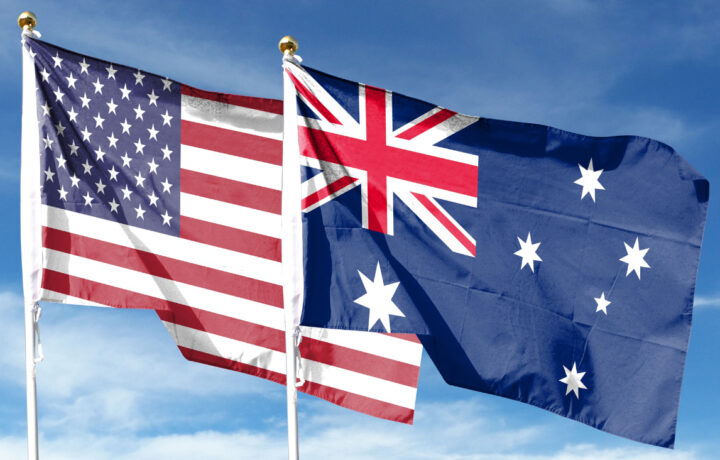Earlier this year, an Australian Army officer was stripped of his security clearance. He wasn’t accused of sharing state secrets. Still, an administrative review tribunal (ART) upheld a previous ruling that he was not of “appropriate and trustworthiness to hold any security clearance.”
According to a report from the UK’s Guardian newspaper, the unnamed individual, who recently left the Australian military, acknowledged that he didn’t view Israel as a foreign government and said he would have shared classified information with the Israel Defense Forces (IDF) if he had been asked.
The officer, who is also Jewish, had served in the Australian military for 19 years. He had also withheld information from Australian officials about the training he had undertaken in Israel. The Australian military determined he was at “risk” of being exploited by Mossad, Israel’s intelligence agency.
The question is what this could mean for U.S. military personnel who often work with allies and partner nations. Even in wartime, there can be state and military secrets that aren’t meant to be shared, and certainly not as openly as this Australian military officer may have planned to do.
American military officers face the same restrictions as those of the Australian military, Dan Meyer, national security partner at Tully Rinckey PLLC, told ClearanceJobs.
Sharing Secrets – Doesn’t Matter if it is an Ally
Specific policies are in place for sharing, even when it comes to working with U.S. allies and partners. As the RAND Corporation explained in 2022, before documents or verbal information can be shared with a foreign counterpart, including close allies like the United Kingdom or Australia, military officers must receive specific approval from designated foreign disclosure officers. That is the case, even if the engagement is directed and approved by senior leaders.
However, this can result in some tricky situations, such as explaining why greater cooperation is needed.
“Ensuring classified information is handled properly is essential to ensuring the safety of our men and women in uniform. This mantra is not only a best practice, but it’s also a legal requirement that gives senior leaders confidence as they make weighty national security decisions,” explained Alex Wagner, adjunct professor at Syracuse University’s Maxwell School of Citizenship and Public Affairs and the former assistant secretary of the Air Force for Manpower and Reserve Affairs.
“The American people need confidence that everyone authorized to access classified information—from the Secretary of Defense to select allies and partners— rigorously adhere to approved protocols,” Wagner told ClearanceJobs.
This is meant to prevent leaks and misuse of sensitive data.
National Security and Dual Citizenship
Even as the United States maintains close partnerships with countries around the world, the fact remains that those in the U.S. military swear an oath of loyalty to support and defend the Constitution. They also serve to protect the national interests of the United States, and sharing any classified materials, even to an ally, is contrary to that.
There are some increasingly gray areas.
“Globalization led to a deceptive loosening of the rules on dual citizenship,” warned Meyer. “You have to be really good at what you do for security to stomach a second loyalty; most clearance applicants and holders are not so special. South Asian, Iranian, and Israeli Americans are the most at risk.”




